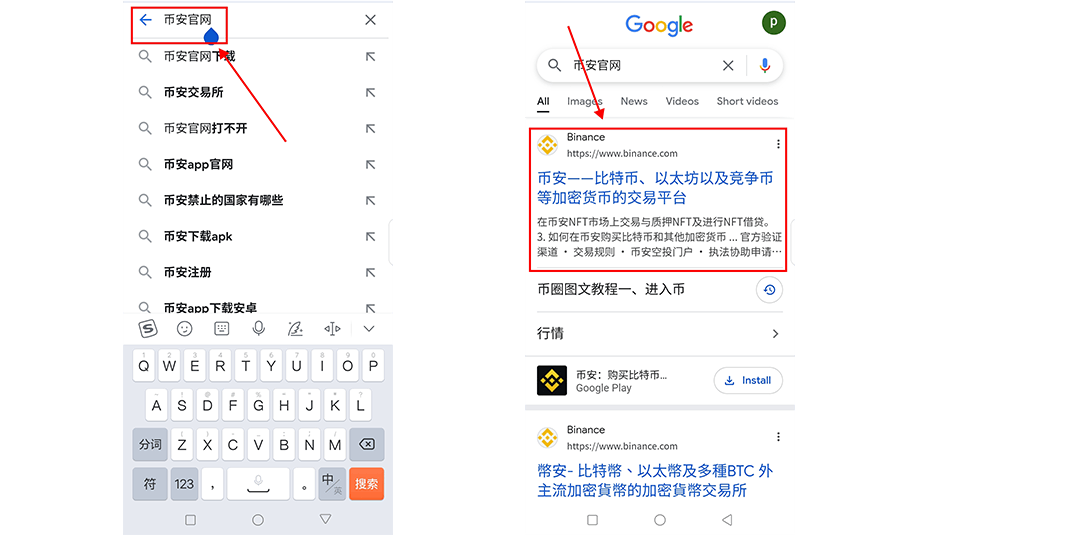Python模块学习--re 正则表达式
时间:2010-08-23 来源:libin1201119
re.match
re.match 尝试从字符串的开始匹配一个模式,如:下面的例子匹配第一个单词。
- import re
- text = "JGood is a handsome boy, he is cool, clever, and so on..."
- m = re.match(r"(\w+)\s", text)
- if m:
- print m.group(0), '\n', m.group(1)
- else:
- print 'not match'
re.match的函数原型为:re.match(pattern, string, flags)
第一个参数是正则表达式,这里为"(\w+)\s",如果匹配成功,则返回一个Match,否则返回一个None;
第二个参数表示要匹配的字符串;
第三个参数是标致位,用于控制正则表达式的匹配方式,如:是否区分大小写,多行匹配等等。
re.search
re.search函数会在字符串内查找模式匹配,只到找到第一个匹配然后返回,如果字符串没有匹配,则返回None。
- import re
- text = "JGood is a handsome boy, he is cool, clever, and so on..."
- m = re.search(r'\shan(ds)ome\s', text)
- if m:
- print m.group(0), m.group(1)
- else:
- print 'not search'
re.search的函数原型为: re.search(pattern, string, flags)
每个参数的含意与re.match一样。
re.match与re.search的区别:re.match只匹配字符串的开始,如果字符串开始不符合正则表达式,则匹配失败,函数返回None;而re.search匹配整个字符串,直到找到一个匹配。
re.sub
re.sub用于替换字符串中的匹配项。下面一个例子将字符串中的空格 ' ' 替换成 '-' :
- import re
- text = "JGood is a handsome boy, he is cool, clever, and so on..."
- print re.sub(r'\s+', '-', text)
re.sub的函数原型为:re.sub(pattern, repl, string, count)
其中第二个函数是替换后的字符串;本例中为'-'
第四个参数指替换个数。默认为0,表示每个匹配项都替换。
re.sub还允许使用函数对匹配项的替换进行复杂的处理。如:re.sub(r'\s', lambda m: '[' + m.group(0) + ']', text, 0);将字符串中的空格' '替换为'[ ]'。
re.split
可以使用re.split来分割字符串,如:re.split(r'\s+', text);将字符串按空格分割成一个单词列表。
re.findall
re.findall可以获取字符串中所有匹配的字符串。如:re.findall(r'\w*oo\w*', text);获取字符串中,包含'oo'的所有单词。
re.compile
可以把正则表达式编译成一个正则表达式对象。可以把那些经常使用的正则表达式编译成正则表达式对象,这样可以提高一定的效率。下面是一个正则表达式对象的一个例子:
- import re
- text = "JGood is a handsome boy, he is cool, clever, and so on..."
- regex = re.compile(r'\w*oo\w*')
- print regex.findall(text) #查找所有包含'oo'的单词
- print regex.sub(lambda m: '[' + m.group(0) + ']', text) #将字符串中含有'oo'的单词用[]括起来。
更详细的内容,可以参考Python手册。










